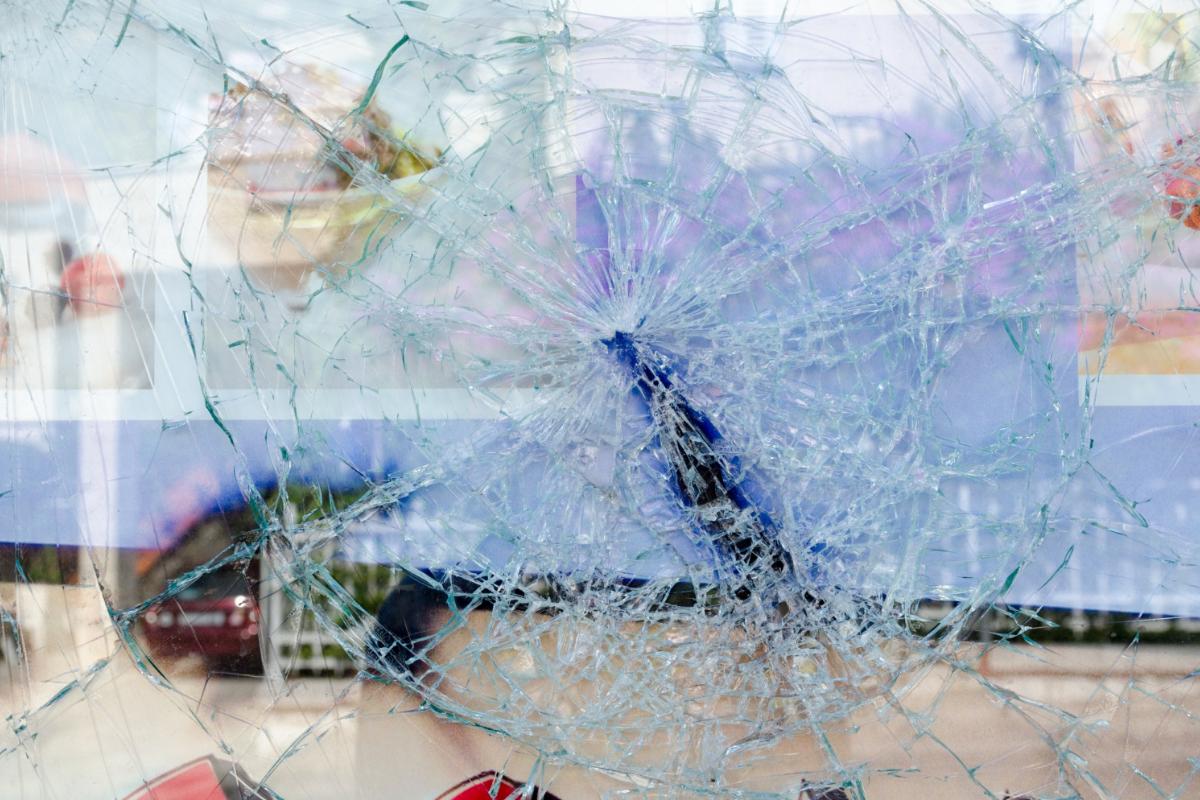 (888) 979-7969
(888) 979-7969
 (888) 979-7969
(888) 979-7969

Your house is probably your most valuable asset, but unless you own it outright, your mortgage company also has an economic stake in the investment. This is precisely why they mandate borrowers to carry a homeowners insurance policy that protects the house from all types of covered events. Hazard insurance is the specific part of your policy that protects your home's physical form.
The Insurance Information Institute conveys that of all the homeowners' insurance claims filed in 2018, over 98 percent involved property damage. Numbers like these highlight just how vital hazard insurance is. It can help homeowners fix or rebuild their houses if faced with the unexpected.
While the two terms are thought to be interchangeable, hazard insurance is not the same as homeowners insurance. The latter is an overarching structure of coverage that presents a wide array of protections — including hazard coverage, which extends to a physical dwelling only. Beyond that, a typical homeowners insurance policy will also cover the following:
Apart from the coverage types summarized above, hazard insurance involves your home's physical structure. It's called hazard insurance because covered events typically include a combination of threats. This usually includes damage rendered by weather events like lightning, hail, or hurricanes. Fires and burglaries are probably covered too.
Again, hazard insurance isn't an independent policy. Instead, it's tucked into your standard homeowners' insurance policy. You keep your hazard insurance active by paying the premiums. For instance, if your house's structure is harmed or obliterated, you would file a property loss claim with your insurer. They will then determine if a covered event caused it.
If so, you'll have to meet your deductible before the coverage kicks in. This is the portion you'll pay out of pocket every time you file a claim. Once you cover up to this amount, your insurer covers the rest. As a result, you can often get a lower deductible in exchange for a more elevated premium (and vice versa). Either way, it's intelligent to have the deductible amount on hand in your emergency fund in case you need to file a claim.
Your homeowners' policy should summarize what's covered. As noted earlier, fires, burglaries, and specific weather events are usually on the table. Nevertheless, some situations aren't covered by hazard insurance.
For example, a typical homeowners' insurance policy won't cover if a flood or earthquake damages or demolishes your house's structure. Instead, you'll probably need to buy additional coverage for these possibilities. Similarly, damage driven by a sewage backup, burst pipe, or specific natural disasters may or may not be protected. In addition, any damage that happens due to regular wear and tear is usually excluded. Finally, sinkholes and landslides, which generally aren't covered by hazard insurance, present additional complications.
Moreover, it isn't assured that further structures on your property, like a shed, pavilion, or external garage, will be protected. So, again, review your policy to understand your protections better.
We hope this helps you understand hazard insurance. Contact us if you need a public claims adjuster in central Florida. We are here to help!